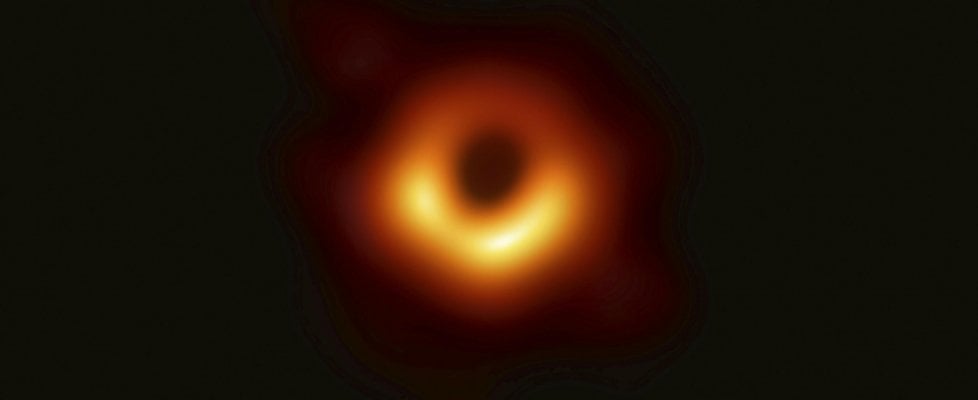This PhD is a joint research program between the University of Rome “Sapienza University of Rome ” and the University of Rome "Tor Vergata", with the collaboration of the National Institute of Astrophysics (INAF).
The aim of the Astronomy, Astrophysics and Space Science Ph.D. Program is the formation of a young researcher at a highly competitive international level.
The PhD program covers most of the topics of modern Astrophysics and Space Science of:
- Galactic and Extragalactic Astrophysics,
- Gravitation and Cosmology,
- Solar and Stellar Physics,
- Space Sciences,
in both their theoretical and observational aspects.
How to choose the thesis topics
Each student ranks 4 possible theses, from the list made available in advance by the hosting institutes. The list offers about 60 possibilities, and includes abstracts and contacts of the proposers. During the first month, the coordinator assigns the topic to each student. Among the ranked theses, the coordinator assigns the highest ranked not yet assigned, starting from the best ranked student in the selection. Most of the times the top ranked is assigned.
Admission to the second year
PhD students start working on the thesis from first year, in close collaboration with the tutor. To pass the end of year evaluation, each PhD student is required to write a review on the scientific issues of specific interest to the topic of the thesis. The same review is presented in the Astrophysics Workshop publicly and in the presence of the entire Teaching Council.
Research Topics of the Phd Joint Program:
- Astronomical tecniques on Earth and in Space
- Celestial Mechanics
- Classical and Relativistic Gravitation
- Dynamics of Dense Stellar systems and Supercomputing
- Galaxies and clusters of galaxies
- High Energy Astrophysics
- Neutrino Astrophyics
- Observational and Theoretical Cosmology
- Planetology and Exoplanets
- Quasars and Active Galactic Nuclei
- Solar System Physics
- Star Formation and Evolution
